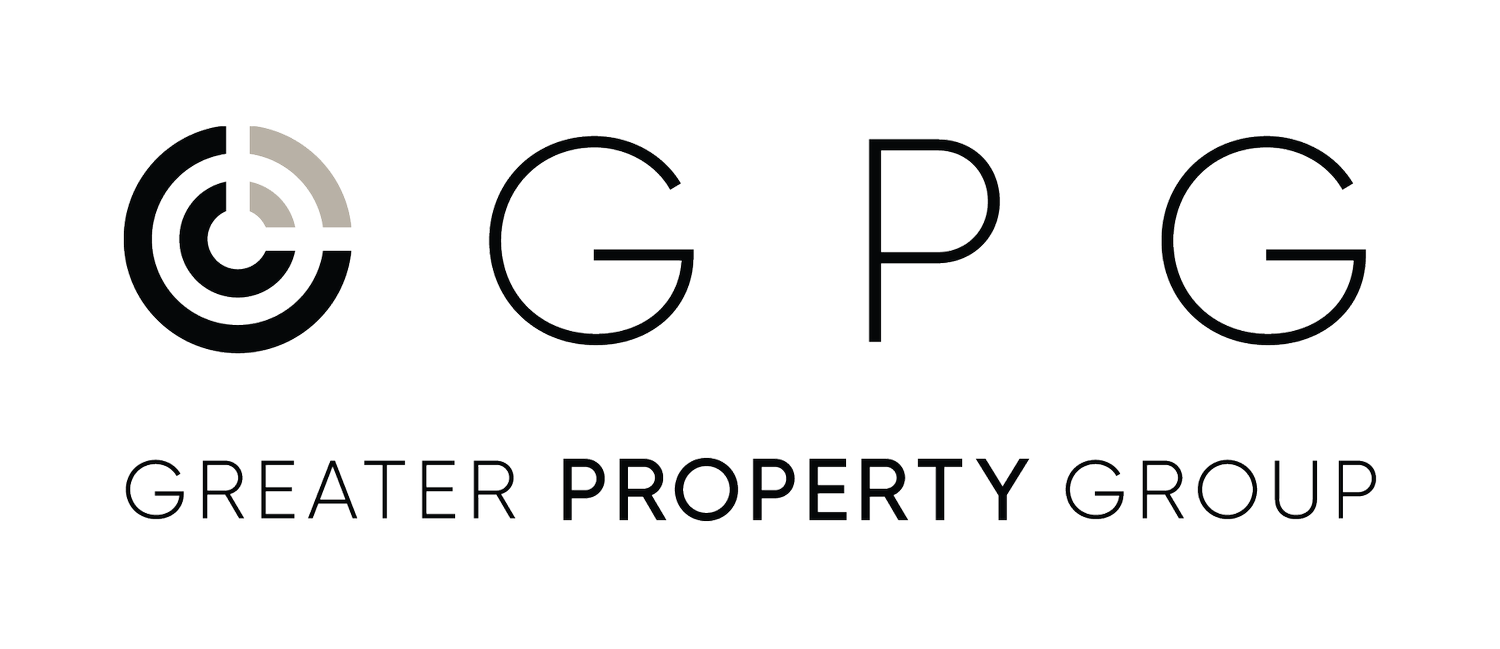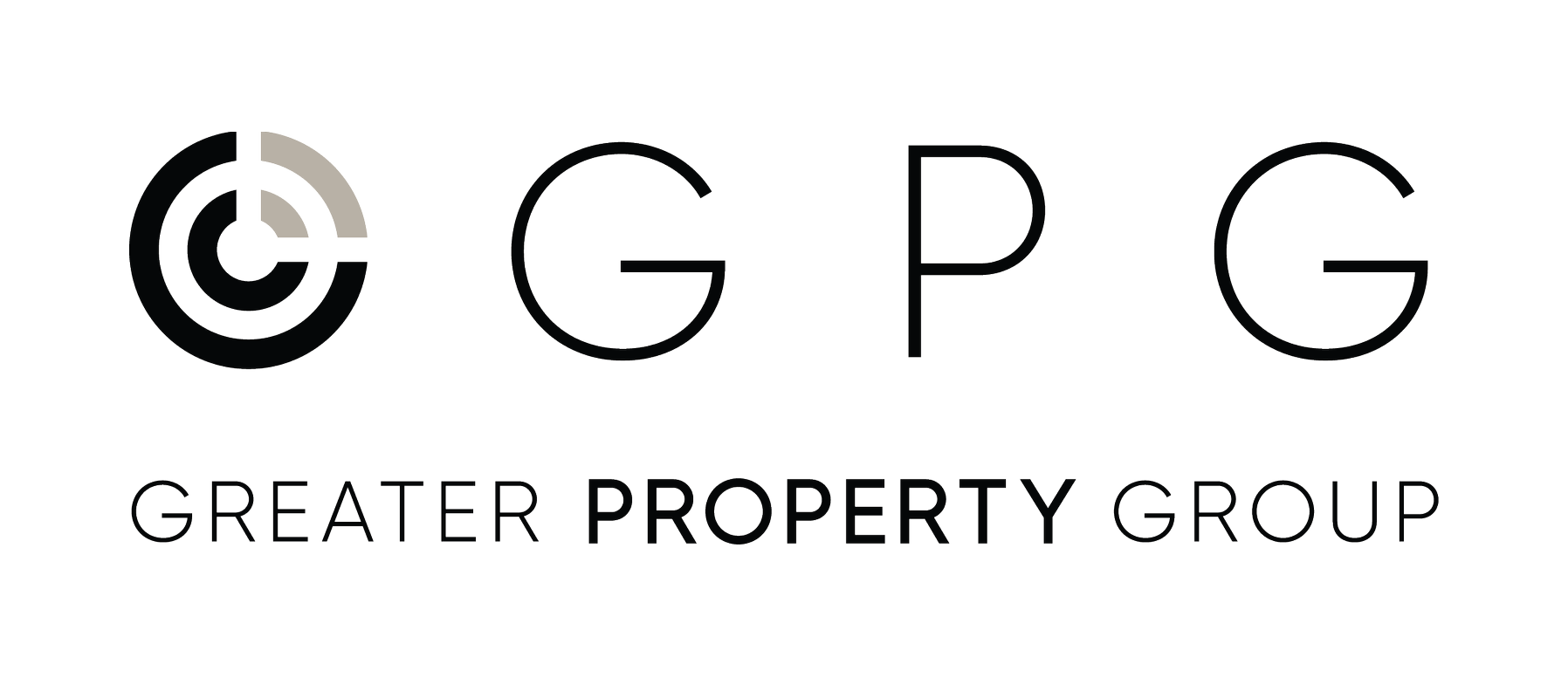What is the cost of living in James Bay?
If you're considering moving to this charming neighborhood in Victoria, British Columbia, it's essential to understand the financial landscape. The cost of living in James Bay is influenced by various factors, including housing, utilities, and everyday expenses. This guide delves into the specifics, providing a comprehensive overview to help you budget effectively.
Understanding Utility Expenses in James Bay
One significant aspect of James Bay living expenses is utilities. Knowing how much you can expect to pay for utilities is crucial for effective budgeting and avoiding unexpected costs. Utility expenses include electricity, water, natural gas, internet, cable, and home phone services. Each of these plays a crucial role in maintaining a comfortable lifestyle in James Bay. Understanding these costs will help you plan your monthly budget more effectively.
What are Utilities?
When we talk about utility costs in James Bay, we refer to the essential services required for a comfortable living environment. These services include electricity for powering appliances, water for daily use, natural gas for heating, and internet for connectivity. Cable and home phone services are also part of the utility package, providing entertainment and communication options. Each of these utilities comes with its own set of costs, which can vary based on usage and provider.
Why are Utilities Important?
Utilities play a vital role in James Bay household expenses. They ensure that you have access to necessary services like heating, cooling, and communication, which significantly impact your overall living costs. Without proper utilities, maintaining a household becomes challenging and can affect your quality of life. Additionally, utilities often represent a significant portion of your monthly expenses, making it essential to manage them efficiently to stay within budget.
How Much Do Utilities Cost in James Bay?
Let's break down the James Bay cost of utilities. On average, utility costs in James Bay can be higher compared to other regions due to the neighborhood's premium location. These costs include electricity, water, natural gas, internet, cable, and home phone services. Each utility has its average monthly cost, which can add up to a significant portion of your budget. However, understanding these expenses can help you plan and potentially find ways to reduce them.
The Average Cost of Utilities in James Bay
Living in James Bay involves several monthly and annual utility expenses.
Here’s a summary of typical utility expenses you might encounter:
Electricity
Electricity costs in James Bay are influenced by usage patterns and the size of your home. On average, expect to pay around $100-$150 per month. Factors like energy-efficient appliances can help reduce these costs. The cost of electricity can vary based on the season, with higher usage in winter for heating and summer for cooling. Additionally, lifestyle choices and the number of household members can also impact electricity consumption.
Water
The water costs in James Bay typically range from $40 to $60 per month. Water usage patterns, such as gardening or frequent washing, can influence your bills. It's important to note that water rates can vary based on the municipal regulations and the specific water utility provider in your area. Conserving water through efficient fixtures and mindful usage can help manage these costs effectively.
Natural Gas
Natural gas prices in James Bay vary seasonally, with higher costs in winter due to heating needs. On average, expect to pay between $50 and $100 monthly. The cost of natural gas is influenced by factors such as the size of your home, insulation quality, and your heating habits. Additionally, natural gas is often used for cooking and hot water, contributing to the overall cost. Efficient use and proper maintenance of heating systems can help keep these costs manageable.
Internet
Internet costs in James Bay can range from $50 to $80 per month, depending on the provider and package you choose. Popular providers include Shaw and Telus, offering various plans to fit your needs. The cost of internet services can vary based on the speed and data limits of your chosen package. It's important to compare different providers and their offerings to find the best deal for your requirements. Bundling internet with other services like cable or phone can also lead to cost savings.
Cable
For cable TV services, expect to pay around $40 to $70 per month. There are numerous packages and options available, ensuring you can find one that fits your viewing preferences. The cost of cable services can be influenced by the number of channels and premium content included in your package. Additionally, some providers offer streaming options and on-demand services, which can be an alternative to traditional cable plans. It's worth exploring different packages to find the best fit for your entertainment needs.
Home Phone
The home phone costs in James Bay range from $20 to $40 per month. With the increasing use of mobile phones, many residents opt for minimalistic home phone plans. Despite the decline in traditional home phone usage, having a landline can be beneficial for emergencies and as a reliable communication option. Some providers offer bundled packages that include home phone services with internet and cable, providing cost-effective solutions for multiple utilities.
Average Utility Costs in James Bay
Combining all these expenses, the James Bay average utility costs can sum up to approximately $300 to $500 per month. This estimate helps in planning your monthly budget more accurately. Understanding the breakdown of these costs allows you to identify areas where you can save and make informed decisions about your utility usage. Implementing energy-saving measures and efficient practices can help reduce overall utility expenses.
Factors Affecting the Cost of Utilities in James Bay
Several factors impact utility costs in James Bay, including household size, home type, and energy efficiency. These factors can significantly influence your monthly expenses and should be considered when budgeting for utilities. By understanding how these elements affect costs, you can implement strategies to manage your utility bills more effectively.
Household Size
The size of your household significantly influences James Bay energy efficiency. Larger households typically consume more utilities, but there are tips to manage costs, such as using energy-efficient appliances. Additionally, adopting mindful usage habits, like turning off lights when not needed, can help reduce consumption. By educating all household members about energy-saving practices, you can collectively manage utility expenses better.
Home Type
Different home types impact utility expenses differently. For instance, heating and cooling a larger house might cost more than an apartment. Understanding the weather impact on utilities in James Bay also plays a role in these variations. Houses with more square footage require more energy for heating and cooling, whereas apartments may benefit from shared walls and lower energy demands. Evaluating the specific needs of your home type can help you anticipate and manage utility costs.
Energy Efficiency
Energy-efficient homes and appliances can significantly reduce utility costs. Implementing utility savings tips in James Bay, like using LED bulbs or energy-saving appliances, can lead to substantial savings. Upgrading insulation, sealing windows and doors, and installing programmable thermostats are additional ways to enhance energy efficiency. These measures not only lower utility bills but also contribute to a more sustainable living environment.
Weather
The weather impact on utilities in James Bay is notable, especially during winter and summer. Seasonal variations require adjustments in heating and cooling, affecting overall utility expenses. Preparing for seasonal changes by maintaining HVAC systems and using weather-appropriate settings can help manage these costs. Understanding the local climate patterns and adjusting your utility usage accordingly can lead to significant savings throughout the year.
Usage Patterns
Your usage patterns directly affect utility bills. Efficient usage, such as turning off lights when not needed, can help manage James Bay household expenses better. Additionally, using programmable thermostats, energy-efficient appliances, and water-saving fixtures can contribute to lower utility costs. By monitoring and adjusting your consumption habits, you can identify opportunities to reduce waste and save money.
How to Save Money on Utilities in James Bay
Reducing utility costs in James Bay involves practical strategies and considering lower-cost utility providers in James Bay. By implementing energy-saving measures and making informed choices, you can effectively manage and reduce your utility expenses. Exploring alternative providers and optimizing your usage patterns are key steps in achieving cost savings.
Switch to a Lower-Cost Provider
Research and switch to lower-cost utility providers in James Bay. Competitive pricing can significantly reduce your monthly expenses. Many providers offer promotions and discounts for new customers, making it worthwhile to compare different options. Additionally, bundling services can lead to further savings, providing a cost-effective solution for multiple utilities.
Get Energy-Efficient Appliances
Investing in energy-efficient appliances in James Bay can save money over time. These appliances consume less energy, leading to lower utility bills. Look for appliances with the ENERGY STAR label, which indicates higher energy efficiency standards. Upgrading old appliances to more efficient models can result in significant long-term savings on your utility bills.
Weatherize Your Home
Weatherizing your home, such as sealing gaps and insulating properly, can reduce heating and cooling costs. This step is crucial for managing weatherizing home in James Bay effectively. By improving your home's insulation and addressing air leaks, you can maintain a more consistent indoor temperature and reduce energy consumption. Weatherization not only lowers utility bills but also enhances home comfort.
Conserve Water
Adopt water conservation practices to lower conserving water in James Bay. Simple steps like fixing leaks and using water-efficient fixtures can make a significant difference. Installing low-flow showerheads, faucets, and toilets can reduce water usage without compromising performance. Additionally, practicing mindful water usage, such as shorter showers and running full loads in dishwashers and washing machines, can help conserve water and lower bills.
Set Your Thermostat to a Smarter Temperature
Using a smart thermostat in James Bay can optimize your energy usage. These devices learn your habits and adjust temperatures accordingly, saving energy and money. Smart thermostats can be programmed to lower heating and cooling during times when the house is unoccupied, ensuring efficient energy use. Over time, these adjustments can lead to substantial savings on your utility bills.
Conclusion
In summary, understanding the cost of living in James Bay involves a detailed look at utility expenses and effective ways to manage them. By implementing cost-saving measures and staying informed about the James Bay housing market trend, you can enjoy a comfortable lifestyle without breaking the bank. Remember to leave a comment below and check out our other blog posts for more insights on living in James Bay!
The Bottom Line on Utility Expenses in James Bay
Utility costs are a significant part of the cost of living in James Bay. By being mindful of your usage and exploring ways to save, you can effectively manage your living expenses. Understanding the factors influencing utility costs and implementing energy-efficient practices can lead to substantial savings.
Resources for More Information
For more tips on managing utility costs and understanding the Live in James Bay, explore local utility providers and consumer resources. Stay informed about the latest James Bay housing market trend to make the most of your living experience. Exploring available resources can provide valuable insights and help you make informed decisions about your utility expenses.











